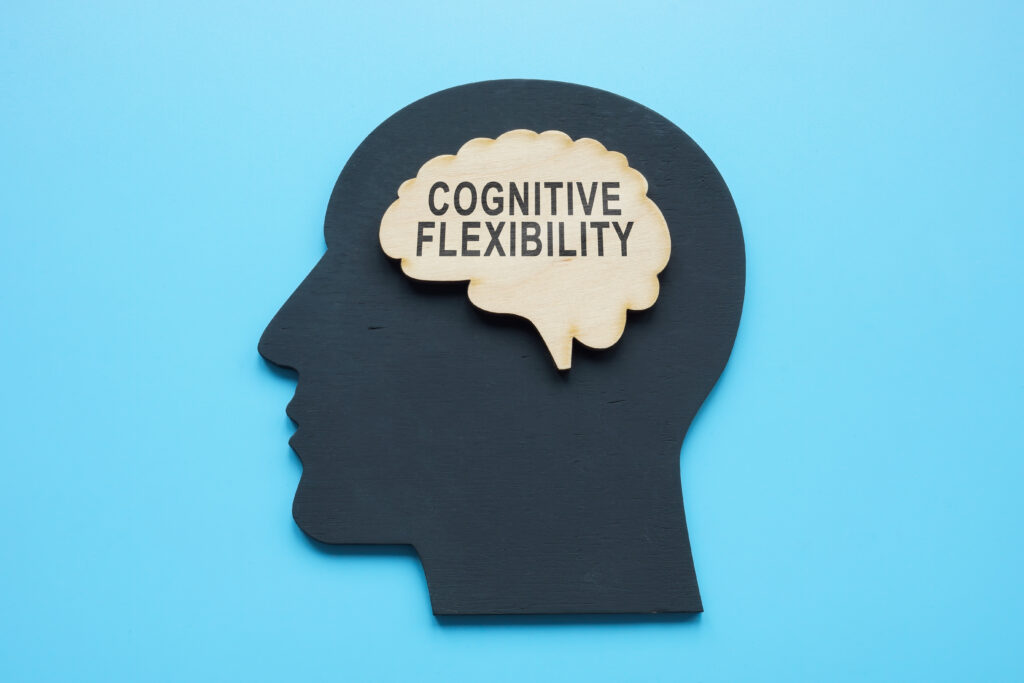Mild cognitive impairment (MCI) is a condition that affects many older adults. It is a term used to describe a decline in cognitive abilities, such as memory, thinking, and language, that is greater than expected for age but does not interfere significantly with daily activities.
There are several different types of MCI, each with its own unique characteristics and potential causes. In this article, we will explore the different types of MCI and their symptoms, causes, and potential treatments.
1. Amnestic MCI
Amnestic MCI is the most common type of MCI and is characterized by memory loss. People with this type of MCI may have difficulty remembering recent events, appointments, or conversations. They may also have trouble learning new information or forget important details.
The cause of amnestic MCI is not fully understood, but it is believed to be related to changes in the brain, such as the build-up of abnormal proteins or reduced blood flow to certain areas. It can also be a precursor to Alzheimer’s disease.
2. Non-Amnestic MCI
Non-amnestic MCI is less common than amnestic MCI and is characterized by cognitive issues other than memory loss. This type of MCI can affect various cognitive abilities such as problem-solving, language, and attention. People with non-amnestic MCI may have trouble completing familiar tasks or may struggle with finding the right words when speaking.
The causes of non-amnestic MCI can vary and may include underlying health conditions such as depression, thyroid problems, or vitamin deficiencies. It can also be caused by vascular issues, such as small strokes, which can damage brain cells.
3. Single Domain MCI
Single domain MCI refers to a specific type of cognitive decline that affects only one area of cognition. For example, a person may experience memory loss but have intact language skills and problem-solving abilities. This type of MCI may be a sign of early-stage dementia, such as Alzheimer’s disease, or a precursor to a more severe form of MCI.
4. Multiple Domain MCI
Multiple domain MCI is the most severe form of MCI and is characterized by decline in multiple areas of cognition. A person with this type of MCI may experience memory loss, language difficulties, and problems with decision-making and problem-solving. It can significantly impact daily life and may be a sign of underlying neurological conditions, including Alzheimer’s disease or vascular dementia.
5. Wernicke-Korsakoff Syndrome
Wernicke-Korsakoff Syndrome is a rare type of MCI caused by severe vitamin B1 deficiency. It is most commonly seen in people who have a history of heavy alcohol use. This condition can lead to significant cognitive impairment, including memory problems, confusion, and difficulty with coordination.
6. Parkinson’s Disease-Related MCI
Parkinson’s Disease-Related MCI is a type of cognitive decline that occurs in people with Parkinson’s disease, a progressive neurological disorder. As the disease progresses, it can affect cognitive abilities such as memory, attention, and problem-solving. People with this type of MCI may also experience changes in mood and behavior.
7. Vascular Cognitive Impairment
Vascular cognitive impairment (VCI) is caused by damage to blood vessels in the brain, leading to reduced blood flow and oxygen delivery. This can result in cognitive decline, including memory loss, difficulty with problem-solving, and changes in behavior. VCI is commonly seen in people who have had a stroke or have underlying conditions that affect blood flow, such as high blood pressure or diabetes.
Treatment for MCI may vary depending on the type and severity of the condition. In some cases, addressing underlying health conditions, such as depression or vitamin deficiencies, may improve cognitive functioning. For amnestic MCI, memory training and cognitive exercises may be beneficial. In cases where MCI is a precursor to a more severe form of dementia, medication and lifestyle interventions may be recommended to slow down the progression of the disease.
If you or a loved one is experiencing cognitive decline, it is essential to seek medical advice from a healthcare professional. They can help identify the type of MCI and develop a personalized treatment plan to manage symptoms and improve overall quality of life.
In conclusion, there are various types of mild cognitive impairment, each with its own unique characteristics and potential causes. It is essential to understand these types to identify and manage any cognitive changes effectively. With early detection and proper management, people with MCI can maintain their independence and continue living fulfilling lives.


